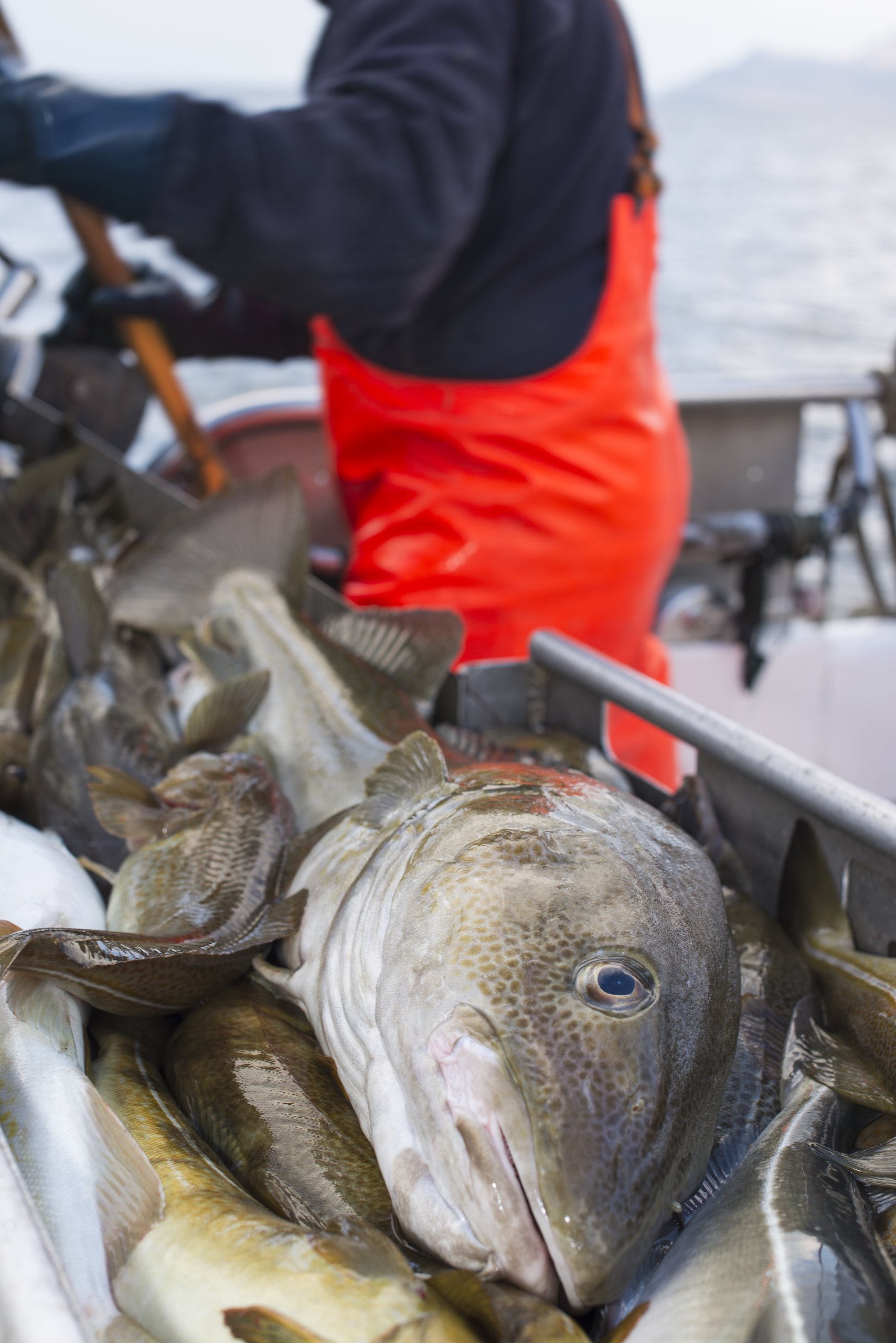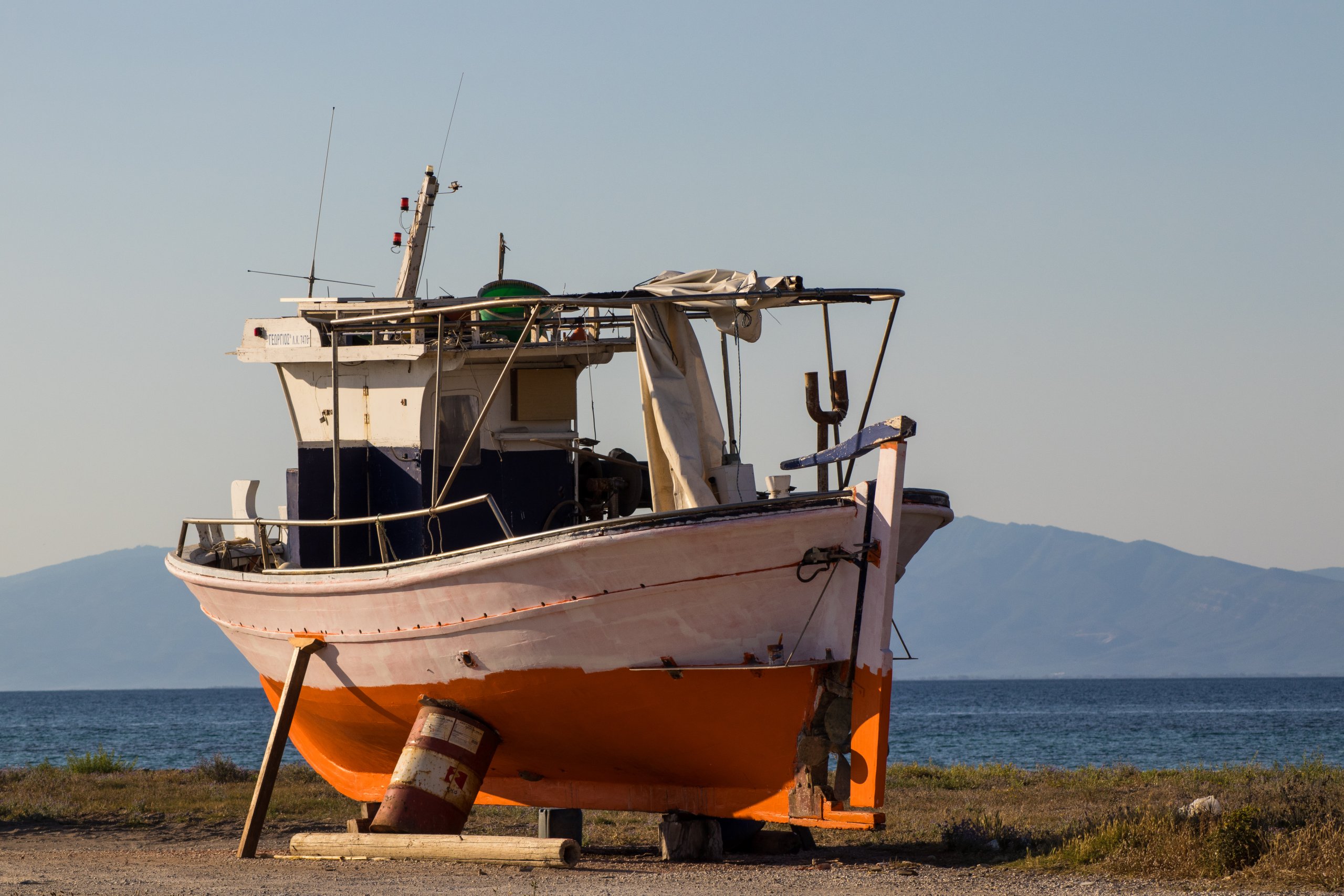Provision of effective recommendations for management requires utilisation of existing knowledge and also lessons learned. Key to this are the insights of stakeholders. In line with this, SEAwise has worked to draw on the expert input of the fishing industry, policy makers, fisheries managers, and advisory organisations, to ensure the knowledge gaps we address and management advice tools we develop are truly useful and applicable across our Case Study regions.
Integrating the insights of stakeholders based on a series of regional review workshops conducted across Europe in 2025, this research uses multispecies, multifleet fisheries models to assess the impacts of a suite of management strategies, and refine these further across several of SEAwise’s cases.

Based on these refinements:
In the Bay of Biscay price dynamics were incorporated into simulations for key species, demonstrating the sensitivity of economic indicators to price fluctuations – though the specifics of these effects were fleet dependent. Implementation of an interannual TAC stability mechanism resulted in a reduction of catch and revenue variability, particularly for mixed demersal fleets, enhancing economic predictability, but with marginally lower long-term yields. Overall, this case highlighted the potential impact of integrating market dynamics and management stability into advice.
In the Celtic Sea new simulations excluding key choke species (cod, whiting) resulted in choke risks shifting to haddock and other species. While landings for the large-scale fleet increased in the short term, for the small-scale fleet outcomes declined with negative impacts across several social indicators. Over time, the benefits to the large-scale fleet also diminished, with no improvement in social indicators seen in the long term. These findings show that within this context short-term fixes, over time, undermined long-term viability, and spotlight the need to consider fleet-specific vulnerabilities and interactions when adapting management strategies in mixed fisheries under climate uncertainty.
In the North Sea concerns raised by stakeholders relating to the growing role of new species in the region in response to warming, and ongoing cod choking effects signpost the need to adapt fleet strategies and improve assessment coverage for emerging stocks, while managing cod dependencies more flexibly to reduce inefficiencies. Though cod remains important for some fleets, shifting management towards other species could be economically beneficial to others, while revisiting national-level and fleet-level could potentially reduce inefficiencies in terms of mismatches.

In the Central Mediterranean the effects of climate change and alternative management strategies on economic performance across key fleet segments (large- and small-scale) were investigated, and highlighted vulnerabilities for certain fleets and potential positives under some warming scenarios for others, pointing to the need for tailored and adaptive management strategies. Scenarios entailing selectivity improvements and effort quotas improved exploitations patterns and effort allocation, supporting more stable economic returns and mitigating climate impacts.
In the Eastern Mediterranean key issues affecting the mixed demersal fishery in the eastern Ionian Sea were explored. Notably, results show that achieving sustainable exploitation of hake – a key species in the region, and heavily exploited – cannot be accomplished by regulating trawlers alone. Alternative scenarios (for example entailing a reallocation of effort to the small-scale fleet) offered more equitable and effective outcomes, even under uncertain climate futures. These findings highlight the need for nuanced strategies, and for prioritisation of monitoring and management of the currently thinly regulated small-scale fleet in the region.
Anchored by stakeholder insights, these results highlight the importance of regionally tailored, multi-fleet and climate-smart strategies that address the complexity of technical interactions, socio-economic trade-offs, and long-term sustainability. These findings will be integrated in SEAwise’s Toolbox and EBFM Tool, and form the basis of a dedicated policy brief distilling key recommendations based on the iterative work conducted as part of our Evaluation of Fisheries Management Strategies theme.
Full report here.
Stay up to date with SEAwise news and research, hear about upcoming events, and receive updates on fisheries news from across the European seascape.